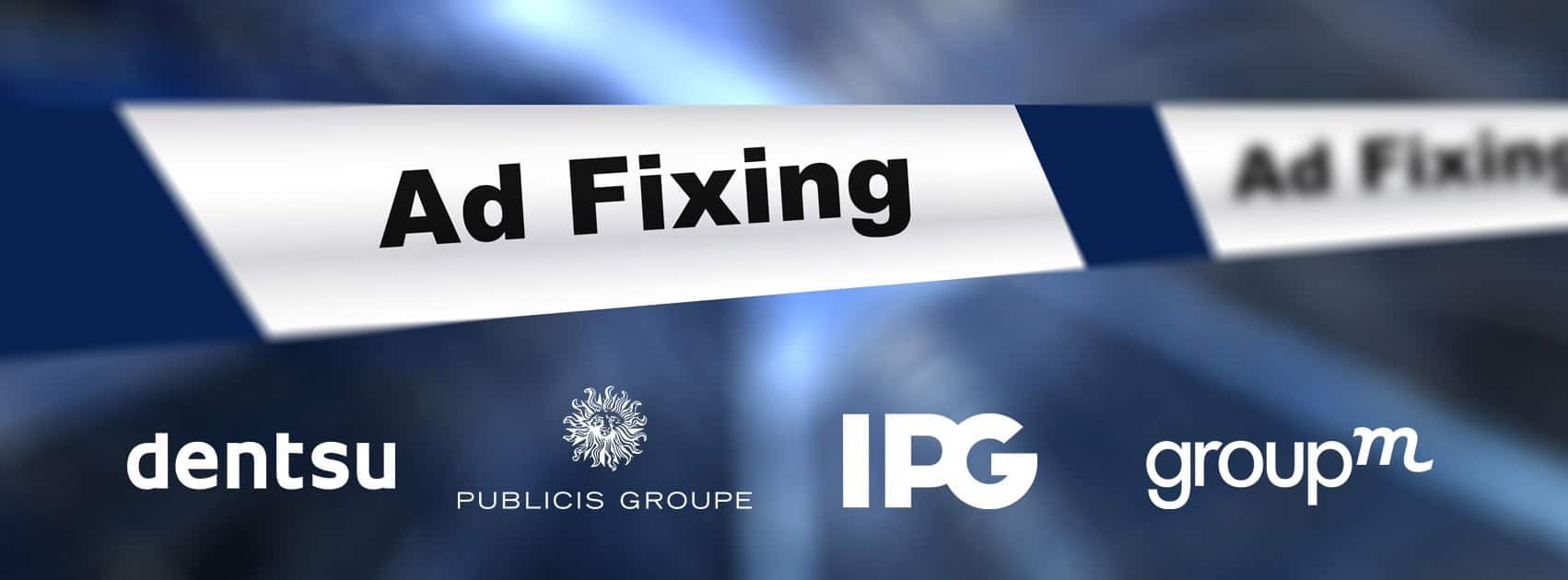
The Indian advertising industry is in turmoil after the Competition Commission of India (CCI) raided major advertising agencies like GroupM, Dentsu, Publicis, and IPG over allegations of price-fixing and cartelization. These surprise raids, which took place on March 18, 2025, have sparked intense discussions about transparency, fair competition, and the ethical practices of media agencies.
The Raids: What Happened?
The CCI conducted raids at around ten locations in Mumbai, Delhi, and Gurugram, targeting leading advertising agencies and key industry bodies, including:
- GroupM (part of WPP)
- Dentsu India
- Publicis
- Interpublic Group (IPG)
- Indian Broadcasting and Digital Foundation (IBDF)
- Advertising Agencies Association of India (AAAI)
These agencies control a massive portion of India’s ad spending, working with top brands across TV, digital, and print. CCI officials seized electronic devices, emails, and financial records to investigate whether these agencies had engaged in anti-competitive practices, such as fixing advertising rates and discounts.
The Allegations: A Media Cartel?
According to reports, the advertising agencies allegedly colluded to manipulate pricing, creating a monopolistic environment that harmed both advertisers and media publishers. If proven, this could mean:
Inflated advertising costs for brands
Restricted competition, limiting smaller agencies
Unfair advantages for select publishers
Interestingly, Dentsu India had already applied for CCI’s leniency program in February 2024, admitting to involvement in such practices and providing evidence about the pricing arrangements between AAAI and IBDF.
Impact on Advertisers & Publishers
For advertisers, this investigation raises serious concerns about media buying transparency. Many brands trust these agencies to optimize their ad spend, but if rates were artificially inflated, advertisers may have been paying more than necessary.
For publishers, this could mean a shift in power dynamics. If agencies were restricting fair ad pricing, independent publishers could have been at a disadvantage, leading to lower ad revenues and fewer opportunities for growth.
What’s Next?
The CCI is now examining the seized documents and data to determine the extent of the cartel’s influence. If found guilty, these companies could face:
Penalties up to 10% of their annual turnover
Fines up to three times the profit from these practices
A major shakeup in India’s advertising industry
Why Transparency Matters
This case highlights the urgent need for transparency in ad pricing and media buying. If the ad ecosystem is not fair and competitive, brands will continue to overpay, publishers will struggle, and the entire industry will suffer from trust issues.
Conclusion
The CCI’s crackdown is a wake-up call for the Indian ad industry. Whether it results in stricter regulations or more ethical business practices, this case will likely reshape how advertising is bought and sold in India.
Read This as well:
Follow @Adverts.fyi on Instagram and Linkedin for Latest updates and some more Interesting content!


